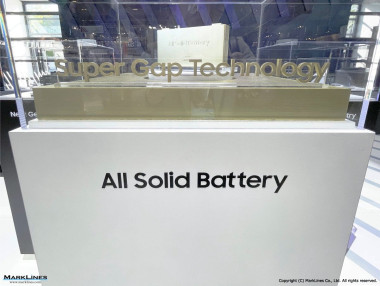Samsung delivers 600-mile solid-state EV battery as it teases 9-minute charging and 20-year lifespan tech

There have been multiple accounts created with the sole purpose of posting advertisement posts or replies containing unsolicited advertising.
Accounts which solely post advertisements, or persistently post them may be terminated.